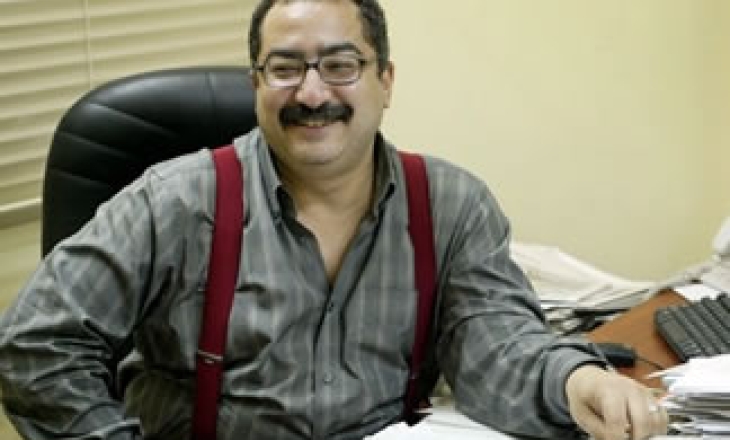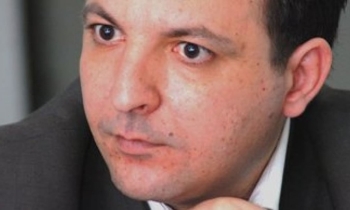An Egyptian appeals court has upheld a guilty verdict against newspaper editor Ibrahim Eissa who wrote stories questioning president Hosni Mubarak's health. Eissa, editor of the independent daily Al-Dustour, was sentenced Sunday to two months imprisonment.
Eissa was originally convicted in March and sentenced to six months on charges of reporting and publishing "false" information that questioned the health of 80-year-old President Mubarak. The judges at the time ruled that a series of articles he published threatened national stability and caused foreign investors to pull their money out of the country. Mubarak has been in office for more than a quarter of a century and has no obvious successor, making any speculation about his health a very sensitive topic.
Eissa said, according to Associated Press (AP), he planned to turn himself in and serve his sentence. "This sentence opens the gates of hell for the Egyptian press," he said in a telephone interview. "Jail sentences for journalists have now become normal, a reality," Eissa told AP. "The verdict is dangerous for political life in Egypt. It says it is prohibited to speak about the president. It says political reform is an illusion."
Eissa, the AP report recalled, had in the past run into legal trouble with the government. His newspaper is sharply critical of the regime and often breaks political, social and religious taboos. The government closed it down in 1998 for seven years after it published a statement by an Islamist group threatening Coptic Christian businessmen in Egypt. Eissa was convicted in 2006 for libeling Mubarak but only paid a fine.
Previous convictions of editors for defaming Mubarak and his son Gamal allowed editors to go free after paying a bond and Sunday's ruling signals a deterioration in the government's already hostile relations with the opposition press, a Reuters report recalled.
Rumours about the health of Mubarak spread like wildfire in late August and early September 2007, but subsided when he appeared repeatedly on television. The government said Eissa's reports led to short-term capital flight but central bank officials told the court they could not be certain of any link between an outflow of $350 million from the country and the rumours, Reuters reported. The capital flight coincided with concern about the international impact of the liquidity crunch caused by losses in the US home loan market.










